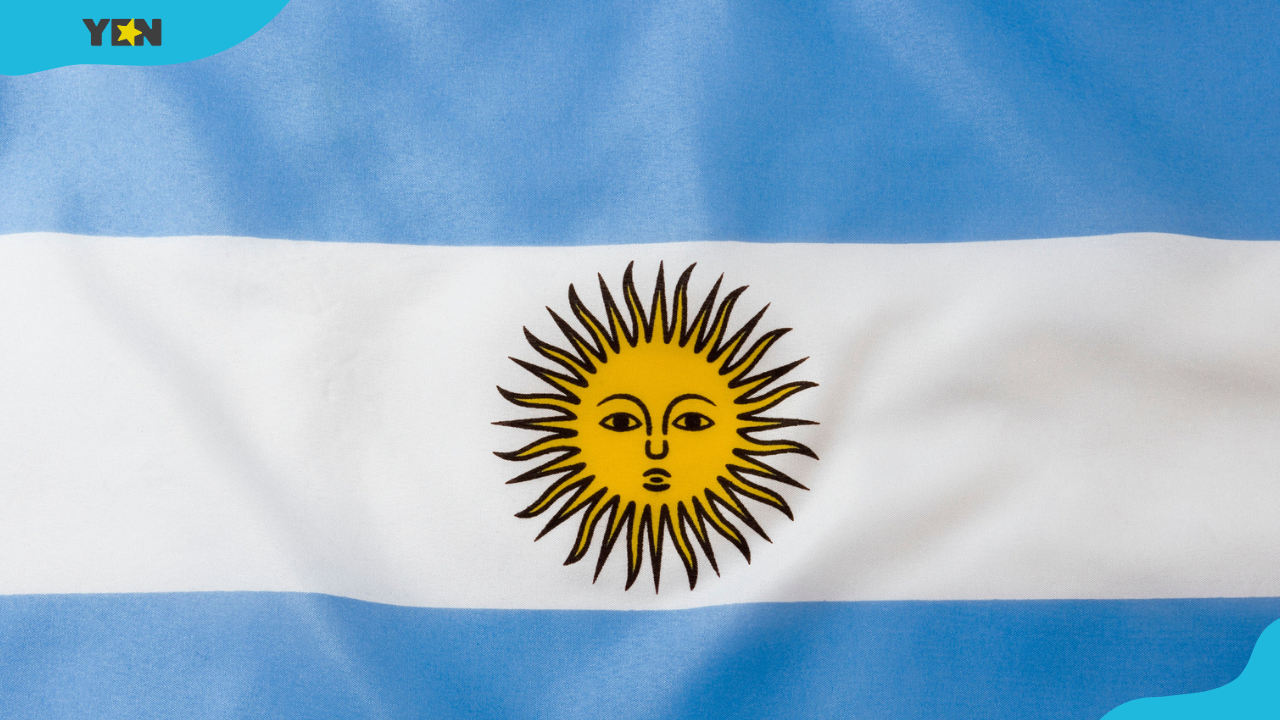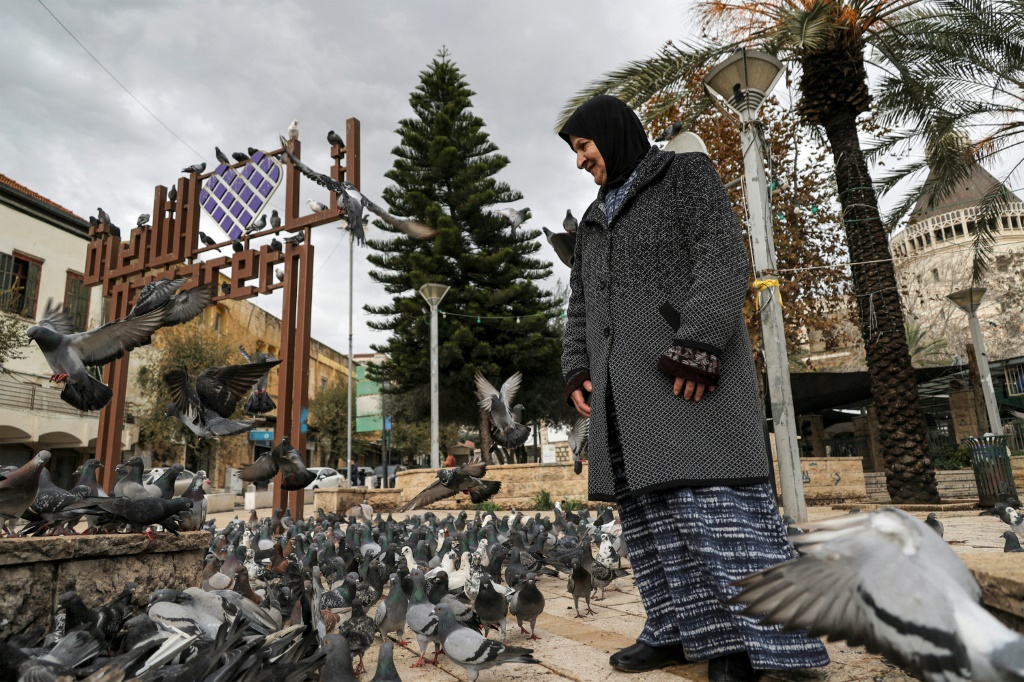20 fun facts about Argentina: history, culture, and location
Did you know that Argentina has one of the most interesting presidential histories in the world and has had a thriving film industry for over a century? Argentina, dubbed the Land of Silver, is a fascinating country with a rich history, culture, and diverse landscapes. Explore fun facts about Argentina, including its history, culture, and distinctive geographic locations.

Source: Getty Images
TABLE OF CONTENTS
- 20 fun facts about Argentina
- 1. Argentina is the second largest country in South America
- 2. It is nicknamed The Land of Silver
- 3. Land of gauchos
- 4. Maté is the national drink
- 5. Football hero Maradona has his own religion
- 6. Argentina's official national sport is pato
- 7. Boasts the highest mountain peak in the Western hemisphere
- 8. It is home to the world's widest street
- 9. Has the largest mosque in Latin America
- 10. Five presidents in 2 weeks
- 11. Almost all Argentines come from Europe
- 12. Argentina produced the world’s first animated feature film
- 13. It has many psychologists
- 14. Argentine boasts the best beef
- 15. Midnight mass
- 16. The Spanish colonised Argentina
- 17. 3-times World Cup winners
- 18. Has the largest population of Magellanic penguins
- 19. There is a law against naming a child Messi in Rosario
- 20. First South American country to legalise same-sex marriage
Where is Argentina? Argentina is located in the southern region of South America, bordering Brazil to the northeast, Bolivia and Paraguay to the north, Chile to the west, Uruguay to the east, and the South Atlantic Ocean to the southeast.
20 fun facts about Argentina
Argentina is renowned for its multiple breathtaking sceneries, distinct cultural flair, and, most importantly, its people. Here are some intriguing and fun facts about Argentina’s culture, history, and location.
1. Argentina is the second largest country in South America
Argentina is the world's eighth-largest country, with a land area of 1,068,296 square miles. It is the second-largest country in South America after Brazil, with a population of over 45 million people. The official language in Argentina is Spanish, spoken by most of the population.
2. It is nicknamed The Land of Silver
Argentina's nickname, The Land of Silver, stems from its extensive history of silver mining. Spanish immigrants discovered vast amounts of silver in Argentina during the early colonial period. Even though silver mining is no longer as prevalent, the nickname remains a reminder of Argentina's rich resources.
3. Land of gauchos
Argentina is home to the famed South American cowboys known as gauchos. These expert horsemen were essential to Argentina's cattle ranching sector, expressing the spirit of adventure and freedom characterising the country's vast pampas region.
4. Maté is the national drink
Argentina's national drink is not wine but mate, a famous caffeine-packed hot beverage. It's created from yerba mate, which are green leaves cut and dried before being added to tea water to provide an earthy, slightly bitter flavour.
5. Football hero Maradona has his own religion

Source: Getty Images
You probably know that Argentines are some of the world's most devoted football fans, but did you know they have a religion dedicated to the late football star Diego Maradona? The Maradonian Church was founded in Rosario in 1998. Today, the religion has over 120,000 global followers.
6. Argentina's official national sport is pato
Argentina's official national sport is pato, which may surprise you, given that the country has an entire religion dedicated to a soccer player. Pato is a cross between polo and basketball in which two teams on horseback try to hurl a ball into their opponent's net. The sport originates in the gaucho tradition.
7. Boasts the highest mountain peak in the Western hemisphere
Mount Aconcagua is Argentina's highest point and the tallest mountain peak in the Western Hemisphere. It is located in the Andes Mountain range, which runs across many South American countries and stands over 22,831 feet (6,962 metres) above sea level, making it a popular destination for mountaineers worldwide.
8. It is home to the world's widest street
Another fun fact about Argentina is that Buenos Aires, Argentina's capital, boasts the world's widest street. The great Avenida 9 de Julio was named after the country's Independence Day, commemorated on 9 July. This massive avenue stretches 110 metres in width and has 16 lanes of traffic.

Read also
15+ fun things to do in Cincinnati: Activities and attraction sites to make your stay worthwhile
9. Has the largest mosque in Latin America
The King Fahd Islamic Cultural Centre is Latin America's largest mosque in Buenos Aires's Palermo neighbourhood. It was built with the Saudi government's backing and officially opened in 2000. The mosque can hold around 1500 worshippers.
10. Five presidents in 2 weeks
The Argentine Republic has experienced its fair share of political turbulence. Starting on 21 December 2001, the country experienced unparalleled instability as five new presidents assumed office in just ten days. This was caused by an economic and constitutional crisis that sparked enormous protests and political upheaval.
11. Almost all Argentines come from Europe

Source: Getty Images
Argentina's history is extensive. 97% of Argentinians are of European descent. The most common ethnic group is Italian, followed closely by Spanish, but many others exist, including Afro-Argentines and Native Americans.
12. Argentina produced the world’s first animated feature film
An Argentine filmmaker, Quirino Cristiani, created the world's first animated feature film. His silent black-and-white animated film El Apóstol was released more than a century ago, in 1917. Unfortunately, El Apóstol was destroyed in a 1926 fire at Valle's studio, but Cristiani's influence is still seen today in Argentina's burgeoning film industry.
13. It has many psychologists
Argentina is said to have the highest number of psychologists per capita in the world. As of 2015, there were approximately 194 psychologists per 100,000 population, with the vast majority based in Argentina's capital city. Therapy is viewed as a crucial aspect of daily life by most porteños, as it promotes personal growth.
14. Argentine boasts the best beef
Argentina is a major exporter of high-quality meat and has a solid international reputation. Their steaks are considered to be among the greatest in the world. Cattle are reared on the beautiful grasslands of la Pampa, where they can roam and graze freely. This means that the animals produce meat that is full of flavour.
15. Midnight mass
A fun fact about Argentina's Christmas is that it is celebrated with distinctive traditions, including the "Misa del Gallo" (Midnight Mass) on Christmas Eve, followed by a celebratory supper comprising traditional foods such as roast turkey, vitel toné, and panettone. Families gather to exchange gifts and watch fireworks displays.
16. The Spanish colonised Argentina
Who colonised Argentina? Spanish explorers colonised Argentina in the sixteenth century, led by Pedro de Mendoza in 1536. However, due to conflict with indigenous peoples and a lack of resources, the region was abandoned. The Spanish later established permanent settlements in the area during the 17th and 18th centuries.
17. 3-times World Cup winners

Source: Getty Images
Argentina's World Cup history is quite impressive. Argentina is one of the most successful teams in World Cup history, having won three titles in 1978, 1986, and 2022. Additionally, it finished second thrice in 1930, 1990, and 2014. The country is home to some of the world's greatest footballers, such as Diego Maradona and Lionel Messi.
18. Has the largest population of Magellanic penguins
Argentina has a wealth of wildlife, including the world's largest population of Magellanic penguins. These lovely birds live along the country's shore, especially in the Patagonian region.
19. There is a law against naming a child Messi in Rosario
Another fun fact about Argentina is that one cannot name their child after the legendary footballer Messi. After Argentina won the 2022 FIFA World Cup, a resident of Messi's hometown, Rosario, named his son after the football sensation.
Rosario's government officials anticipated that many would follow suit and were concerned about "mass confusion" if the name became too prevalent. So they enacted a citywide ban on parents naming their children Messi.
20. First South American country to legalise same-sex marriage
When Argentina legalised same-sex marriage in 2010, it became the first in South America and the tenth in the world to do so. Despite Argentina's solid Catholic roots, residents are generally receptive to LGBTQ+ communities, particularly in the larger cities.
These fun facts about Argentina make it a fascinating and enchanting destination for travellers seeking adventure, exploration, and cultural immersion. Whether exploring the bustling streets of Buenos Aires or savouring the flavours of Argentine cuisine, tourists visiting Argentina will be fascinated by its beauty.
Yen.com.gh recently published an article on interesting, fun facts about Mexico you should know about. Mexico is often associated with soap operas, parties, beaches, and tequila.
But did you know that the country is the biggest beer exporter and that Mexico City is gradually sinking? Discover more fascinating facts about Mexico's history, geography, and culture.
Source: YEN.com.gh






